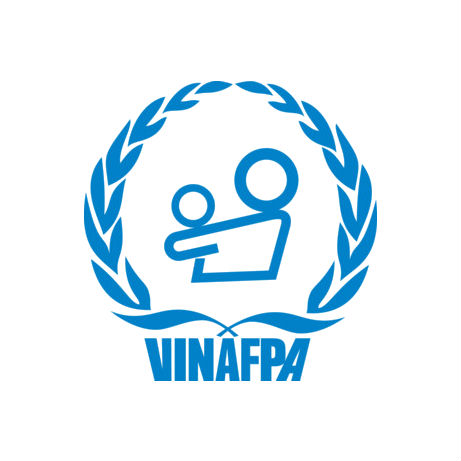

| 31 March 2016
Vietnam Family Planning Association
The Vietnam Family Planning Association (VINAFPA) complements and supplements the Vietnamese government’s family planning programme, by providing direct services and information, education and communication (IEC) programmes. Over recent years, the country has experienced falling levels of fertility and reduced maternal and child mortality. VINAFPA has played a vital role in delivering these improvements. The organization runs over 1,350 distinct service points, including: 19 permanent clinics, 21 mobile facilities and a ground force of over 1,200 community-based distributors (CBDs). These CBDs are VINAFPA-trained individuals, living in a particular locality, who distribute supplies and offer advice and information. The intensity and impact of their work is borne out by the numbers. Currently, the unmet need for contraception rate runs at 5%, but VINAFPA is working hard to improve this.

| 31 March 2016
Family Planning Association of Nepal
Established in 1959, the Family Planning Association of Nepal (FPAN) first joined IPPF in 1960 and become a full Member Association in 1969. When it was established, the idea of family planning was considered inimical to religious, cultural and social norms. With the institution of a government Maternal and Child Health Division in 1969, FPAN began to supplement and complement the national health and population programmes. Target populations include injecting drug users (IDUs), lesbian, gay, bi-sexual, trans-sexual and intersex (LGBTI) individuals, people living with HIV (PLHIV), survivors of gender-based violence (GBV) and trafficked returnees and refugees. FPAN serves these populations through an extensive network of 2,750 service points, comprising 127 static clinics, 116 mobile facilities, 184 associated clinics, 543 other agencies, and over 2,000 community-based distributors/services (CBDs/CBSs). Key areas of emphasis include adolescents' sexual and reproductive health, HIV and AIDS prevention and treatment, safe abortion, advocacy for sexual and reproductive health and rights (SRHR), the prevention of gender-based violence (GBV) and support for its victims, and the promotion of access to sexual and reproductive health (SRH) information and services to marginalized and under-served groups. With the dedicated backing of 450 full-time professional staff, 1000 community counsellors, 4000 peer educators and 11,000 grassroots volunteers, FPAN has the capacity to mobilize on a large scale, and with the support of over 20 governmental departments, non-governmental organizations (NGOs) and foundations, it has a secure funding base to maintain and expand its comprehensive programme of activities. Contacts Website: www.fpan.org







